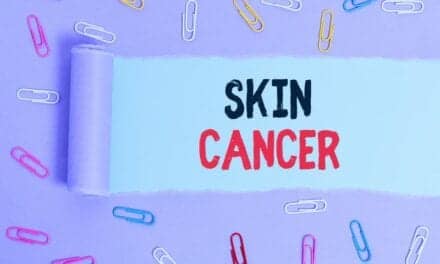YouTube can help researchers, journals, and health advocates connect with the public about skin cancer and prevention, according to a study by researchers at the University of Colorado Cancer Center. The findings appear in Dermatology Online Journal.
Researchers queried YouTube for search terms related to dermatology, including “sun protection,” “skin cancer,” “skin cancer awareness,” and “skin conditions.” They found 100 videos with a cumulative 47 million views. The videos were shared a total of 101,173 times and drove 6,325 subscriptions to distinct YouTube user pages.
According to the researchers, whose previous studies include similar examinations of Twitter and Facebook (and forthcoming studies of Instagram and Tumblr), these results point to a new opportunity to disseminate research directly to the public.
“Now through social media, journals can have their own presence – their own mouthpiece directly to the public that may include patients or health care providers or even other researchers,” says Chante Karimkhani, MD candidate in the lab of Robert Dellavalle, MD, PhD, MSPH investigator at the CU Cancer Center and associate professor of dermatology at the University of Colorado School of Medicine in Denver, in a news release. Dellavalle also manages the Facebook page and other social media for the Journal of the American Academy of Dermatology.
They point out that the tanning business is certainly on social media, “recommending tanning strategies and products to use for tanning,” Karimkhani says. “We need to be there as well.”
For example, of the videos returned with the search query “skin cancer,” 25% were educational and another 25% were what the researchers considered “complementary and alternative medicine videos.” Overall, only 35% of videos across all dermatology search terms researchers uploaded were by or featured a biomedical professional.
The researchers hope that as more academic institutions, researchers, and journals recognize the promise and accept the challenge of social media, information directly from these credible and well-meaning sources may be able to change the popular conversation.





